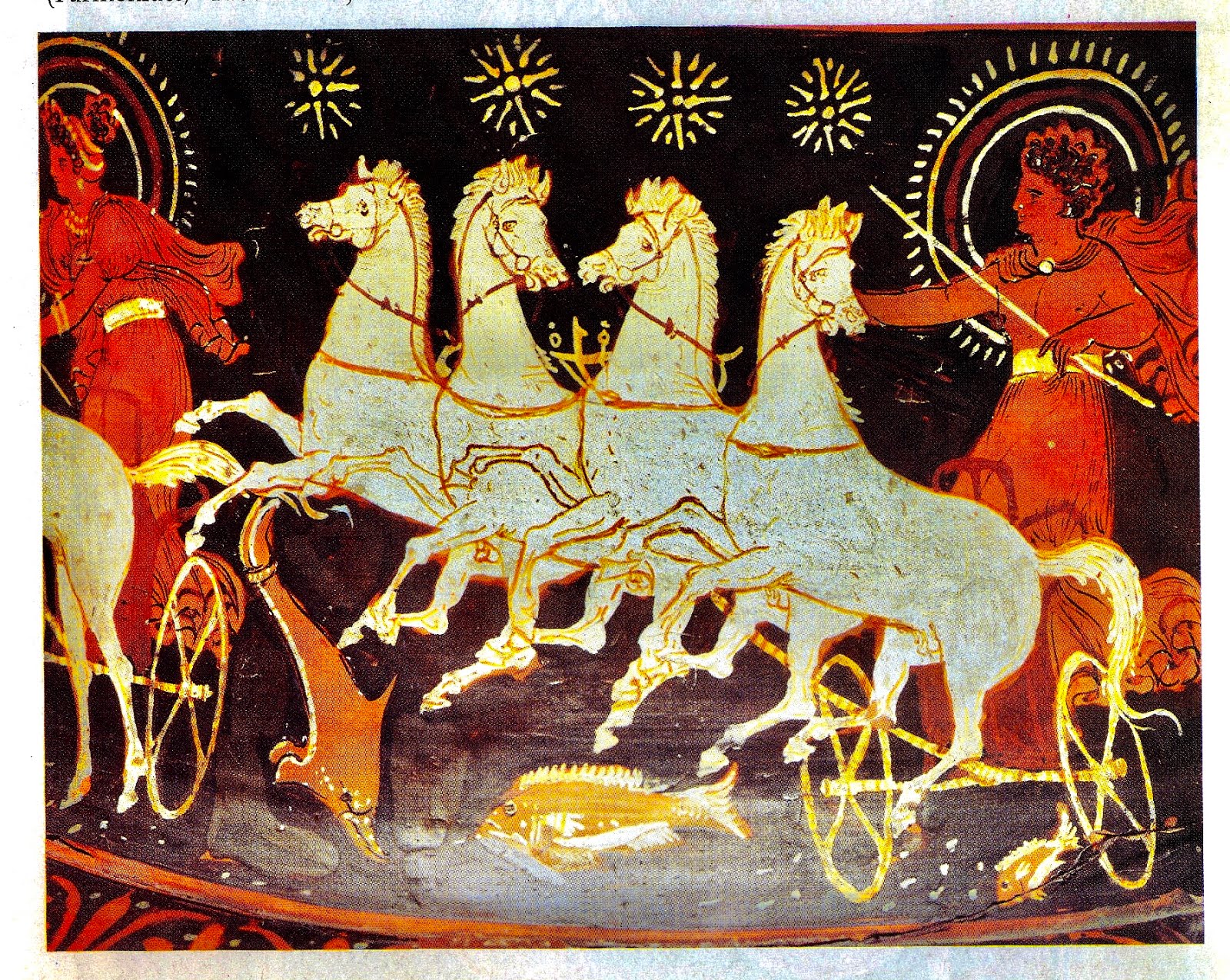Global warming: compared to the baseline data from 1951 to 1980, the year 2015 was the warmest. Ten 2016 was warmer than 2015. NASA / Noaa. Public domain. The meteor of Al Gore Al Gore was very ambitious. Following on the footsteps of his father, he entered politics and served as a Congressman and Senator from Tennessee. At the same time, he grasped the importance of climate change and he wrote a book about the political implications of rising global temperature. Gore knew Bill Clinton, a shrewd politician from Arkansas. Together, the two young southern politicians, formed an alliance and captured the White House: Al Gore served as the vice president of the Clinton administration, 1993-2001. Gore facilitated the establishment of the country’s collecting data on climate change, in effect, activating the Global Change Research Act of 1990. This law mandated, first, the reporting of climate change in the United States and the world and, second, the study of the potenti
